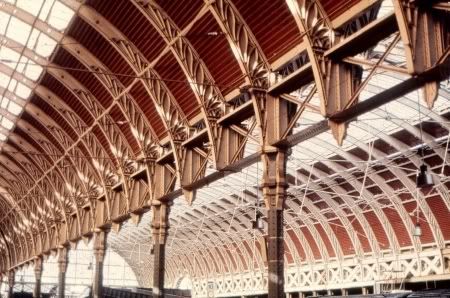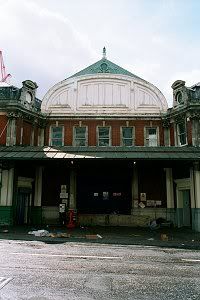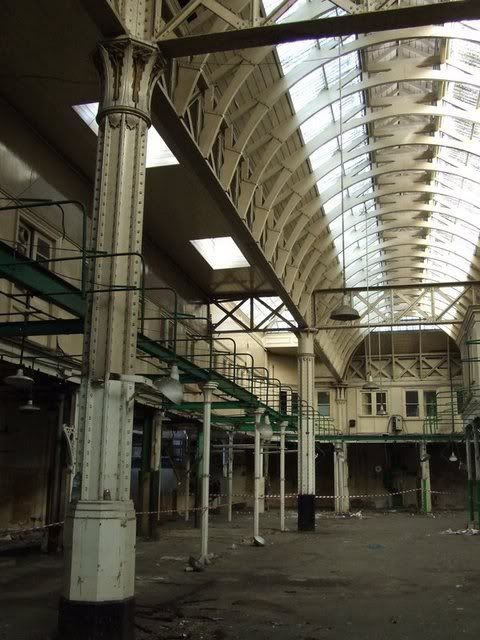Gareth Hughes
Member
- Messages
- 2,741
- Location
- In the wilds of East Anglia
Nemesis said:Inside yer average church though, I think bellows were more reliable. (Although I suspect many amongst the congegation thought possibly the vicar a reasonable source of wind, maybe it wasn't easy to harness it.)
On Sunday mornings I had the unpaid job of pumping the bellows for the Church Organ. I had to sit in a small room at the back of the Organ. Facing me was a wooden wall through which was a large wooden handle which could be pulled up and down, attached to the other end of the handle was the Bellows I suppose, because by pumping the handle up and down air was supplied to the Organ. To the one side of the handle was a small hole through which a piece of twine appeared. On the end of the twine was a small brass weight, and the weight went up and down according to how full the bellows were. There was two markers on the wall, and my job was to keep the weight somewhere between the top and bottom marker. I would have a rest as the weight gradually dropped lower and lower towards the bottom marker, and then pump like mad to get the weight up somewhere close to the top marker.
http://www.bbc.co.uk/ww2peopleswar/stories/98/a4888498.shtml
Some muzak:
http://www.crumhorn-labs.com/
When, a couple of years back, there were proposals to ban lead in all electronic equipment (summat like that anyway), electrically-blown organs were felt to be under threat and a return to manual organs was predicted.
I caught a magnificent comment on Radio 4 from a vicar (see how I’m linking to another current thread? Clever eh?) who remarked, apropos this revival of ancient methods, “that’s all very well, but it’s not going to be like the old days when you could get a lad in off the street to blow you for an hour for sixpence.”
Ah, it’s also not like the old days when you could innocently make a remark like that on national radio and not have me blowing most of breakfast out of my nose.







